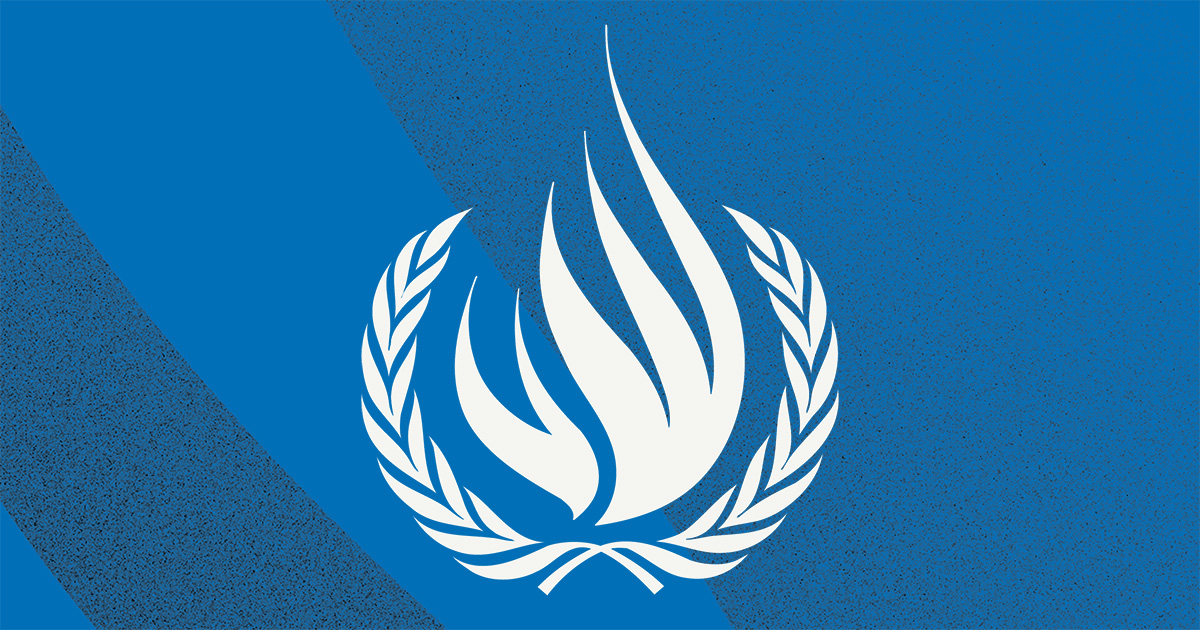
Turkey lies at the gateway between East and West, culturally, economically and politically.
The country has been a member of NATO since 1952. As such, it is NATOs easternmost bulwark against the turmoil and chaos in the Middle East.
At the same time, it has an uneasy relationship with its neighbor and fellow NATO member Greece. The annexation of Northern Cyprus did little to remedy the fraught relationship between the two countries, who sporadically try to resolve the Cyprus issue with the help of the UN. The recent discoveries of gas in the Eastern Mediterranean bring an economic component to the acrimony.
Turkey’s largest trading partner is the EU, accounting for 50 percent of imports and 36 percent of exports. On paper it still has plans to join the EU, which is increasingly unlikely to happen in our lifetime.
The EU holds dear the values of democracy, free speech and a free press. Since the 2016 coup attempt, European countries looked with increasing worry on how the Turkish government curtailed those principles and civil liberties.
Nonetheless, needs must: When Europe was afraid of being overrun by Syrian refugees via the Eastern Balkan’s route in 2016, the EU came to an agreement that Turkey would accommodate the refugees and receive 6 billion euros for doing so. Turkey sealed its borders and now houses 3.6 million refugees from Syria. In the end Turkey did not receive all the funds, which had been promised, because of disagreements over civil liberties and what Europe perceived to be undemocratic tendencies.
This brings us to the East: Iran is Turkey’s neighbor and second-largest provider of gas after Russia. Both are on opposite sides in the conflict in Syria. However, they are near neighbors and, especially in the case of Russia, important trading partners.
Turkey and Russia stand with the UK, France, Germany and China in advocating to reinstate the Iran nuclear deal, which the US left unilaterally last year. For Turkey this makes sense because, for one, Iran is a close neighbor and supplier of energy and secondly it is always better not to have a neighbor that is facing economic destitution, which often is the consequence of sanctions.
However, when it comes to Syria, both Iran and Russia have been backing President Bashar Assad, while Turkey backed the opposition. We have to be careful which opposition though, as Ankara has never supported the Kurdish YPG militia, which is close to the Western allies. For Turkey the YPG is too close to the PKK, the left-wing Kurdistan Workers’ Party.
The choice is simple from Ankara’s perspective, because the government fears that emboldening the PKK could threaten the territorial integrity of the country. Underlying tensions became very obvious in mid-August when Turkish President Recep Tayyip Erdogan fired three mayors of majority Kurdish cities ahead of a push into Syria. On the Northeastern border, he struck an agreement with the US to set up a joint operation center to develop a safe zone – which is an important buffer from Ankara’s perspective.
Erdogan has pleaded time and again with Putin and Iranian President Hassan Rouhani to hold Syrian government forces back from a push into northwestern Syria. He will do so again when the three meet to discuss the issue on Sept. 16.
Cornelia Meyer
The relationship with Russia has never been easy and hit a low point in 2015 after Turkey shot down a Russian fighter jet for an incursion into Turkish territory out of Syria. Erdogan and Russian President Vladimir Putin are realists and realized that they needed to co-ordinate on Syria. Good relations were therefore restored.
Turkey bought the Russian S-400 air-defense system at considerable opportunity cost. As a NATO ally Turkey was in the program to receive more than 100 F-35 fighter jets. It was also slated to become a manufacturing partner. NATO partners could not allow for the program to go ahead out of fear that sensitive technology of the aircraft might be leaked to the Russians. In the long run the main cost to Turkey is that it missed out on technology transfer.
This being said, Turkey needs to work with both Russia and Iran when it comes to Syria. Erdogan has pleaded time and again with Putin and Iranian President Hassan Rouhani to hold Syrian government forces back from a push into northwestern Syria. He will do so again when the three meet to discuss the issue on Sept. 16.
Erdogan’s efforts were initially mildly successful but are increasingly in vain. The Syrian government forces are ruthlessly pushing into Idlib. The UN and other observers fear obliteration on the scale of Aleppo or Homs and an ensuing humanitarian catastrophe (according to the UN High Commissioner for Refugees more than 1,030 civilians have been killed in the Idlib and Hama provinces in the last four months).
Turkey is fearful of hundreds of thousands of refugees crossing its borders. The economy is not doing too well, and the 3.6 million Syrian refugees are increasingly seen as a drain both by the government and the population. Last month the government forcibly repatriated close to 9,000 Syrian refugees and fears it cannot accommodate more.
From whichever angle Turkey looks at its position, it is trapped in a dangerous neighborhood and needs to try and come to some sort of agreement with the powers influencing Assad, in order to avoid countless numbers of refugees. In the end Erdogan may not succeed, but he has to try.
Dangerous neighborhoods make for complex relationships and at times strange bedfellows.












